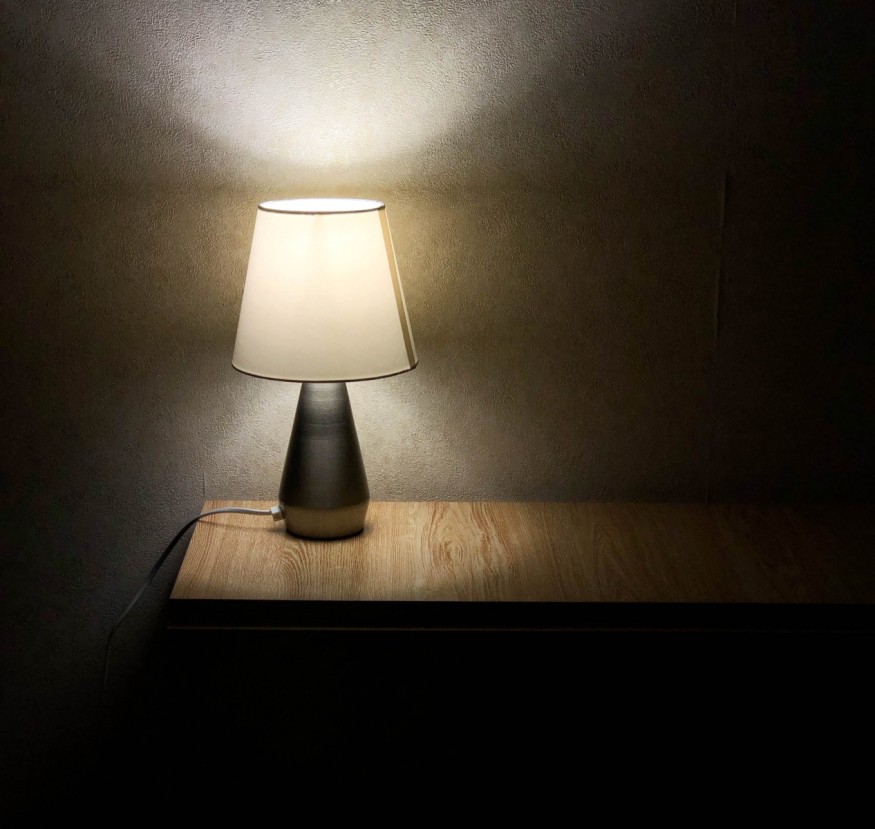A study led by researchers from the University of Colorado Boulder warns that even the slightest exposure to light at night could disrupt children's sleep. MailOnline reported that the new study suggests preschoolers are highly susceptible to the physiological impacts of light at night because the sleep-promoting hormone called melatonin plummets when light is on.
Study lead author Lauren Hartstein, a postdoctoral fellow at the university's Sleep and Development Lab, said their previous study showed fairly intense bright light before bed dampens melatonin by around 90% in children. But this new study showed high melatonin suppression regardless of the intensity of light.

Light Influence Circadian Rhythm
The link between light and sleep goes much deeper than the former affecting the quality of the latter. According to Sleep Foundation, light plays a crucial role in regulating the body's circadian rhythm because it signals the internal clock when to be alert and when to rest. More importantly, it triggers the production of the sleep-promoting hormone melatonin.
When natural light is present, the circadian rhythm follows the daily patterns of sunlight and darkness. But the presence of artificial light 24/7, such as streetlights, office lights, gadgets, and other artificial lights that brighten the homes has a critical effect on sleep. The body's circadian rhythm is controlled by the circadian pacemaker that can be easily influenced by light exposure.
Experts explained that when light enters the eye, special cells in the retina can sense it and send messages to the brain misinterpreting the time of the day that will disrupt one's sleeping patterns. The brain will then send signals throughout the body that alter the control of organs in accordance with the time of the day.
Furthermore, the circadian rhythm is disrupted depending on the timing and duration of light exposure. For instance, light exposure in the morning will push the sleep schedule earlier but light exposure at night pushes it to a later bedtime. Meanwhile, prolonged light exposure tends to be more impactful than the short duration of exposure.
Since circadian rhythm is affected by light exposure, it adversely affects the person's health. It could slow down metabolism, worsen weight gain, and increase the risk of cancer and cardiovascular diseases.
ALSO READ: Living Near Artificial Night Lights Increases Risks of Thyroid Cancer
Preschoolers Highly Susceptible to Ill-Effects of Light Exposure at Night
Science Daily reported that children tend to be more susceptible to even the slightest light exposure at night because light could freely stream through their larger pupils and more transparent lenses. A previous study reveals that blue light exposure to a nine-year-old's eye is 1.2 times higher than adults.
Integrative Physiology Assistant Professor Monique LeBourgeois emphasized that children are different from adults. Their heightened sensitivity to light makes them more susceptible to the disruption of sleep and circadian rhythm.
In the study, titled "High Sensitivity of Melatonin Suppression Response to Evening Light in Preschool-Aged Children" published in the Journal of Pineal Research, researchers wrote that melatonin was suppressed around 70% to 99% after light exposure regardless of how bright they are.
Researchers noted that their findings indicate that preschoolers exposed to light before bedtime could have robust and sustained melatonin suppression even at low intensities.
RELATED ARTICLE : Sleeping With the Lights on Can Cause Weight Gain
Check out more news and information on Sleep in Science Times.
© 2026 ScienceTimes.com All rights reserved. Do not reproduce without permission. The window to the world of Science Times.











